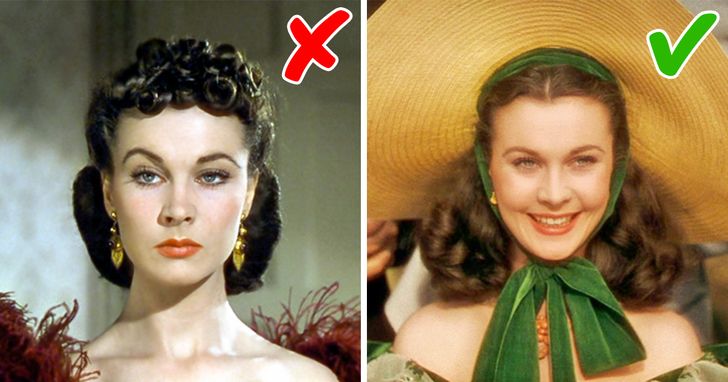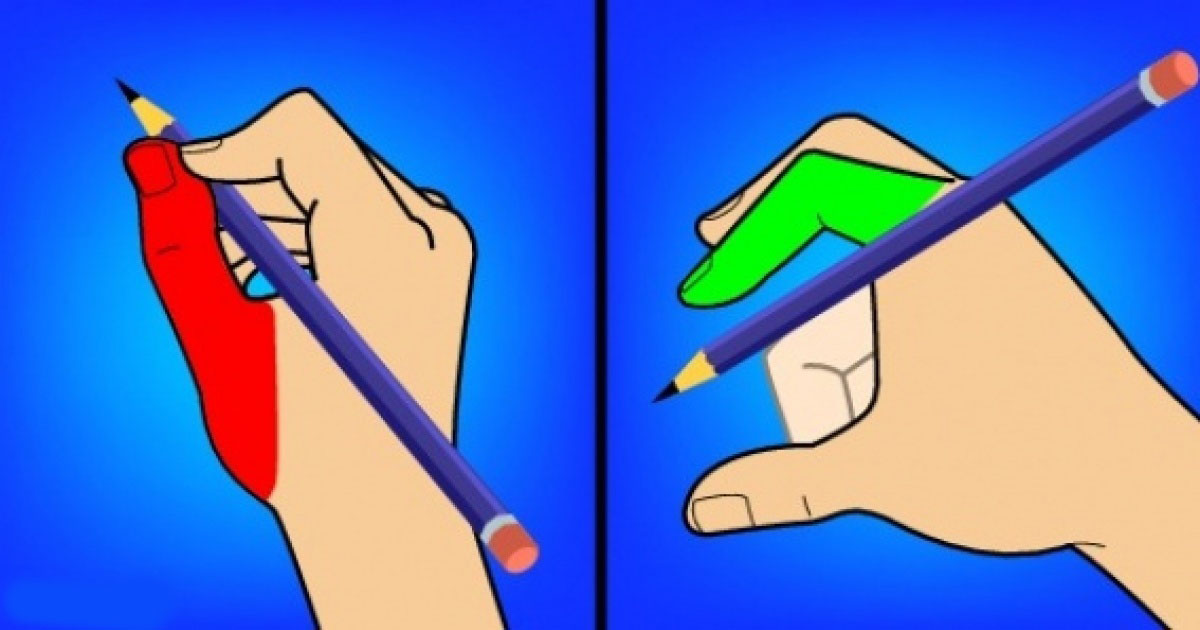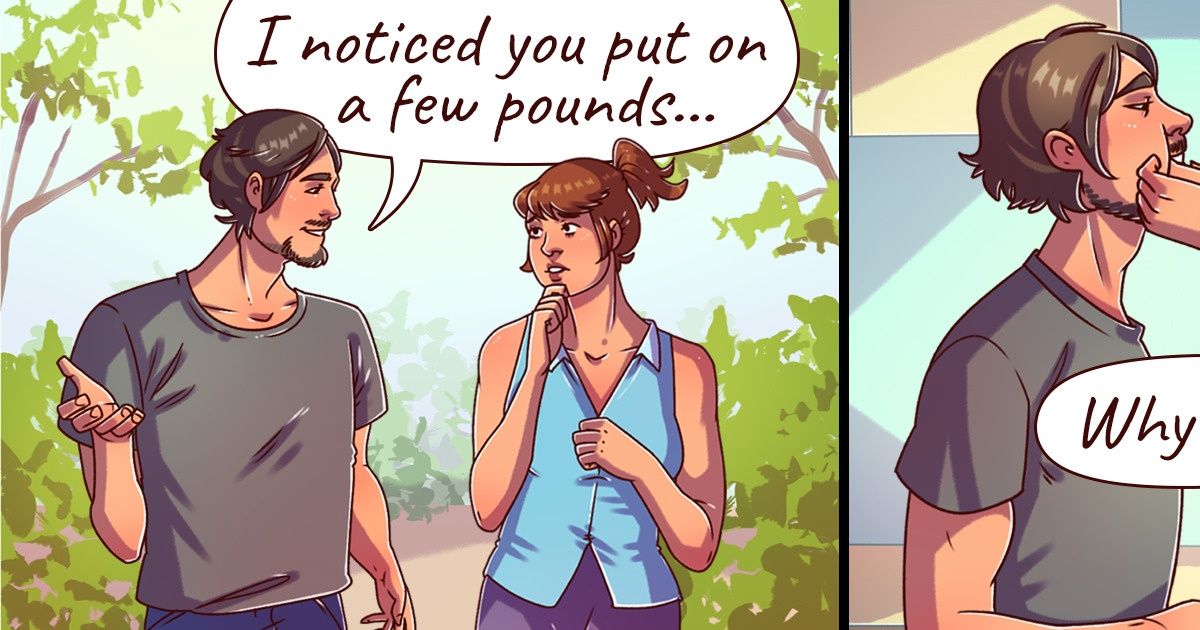Psychologist Dr. John Gottman can predict with 91% accuracy if a relationship will end. His prognosis is based on observing the couple’s fight. After dedicating his life to the study of couples, Dr. Gottman discovered that those who break up tend to argue in 4 specific ways, which he calls the 4 Horsemen of the Apocalypse of Love.
We know how difficult it can be to make a relationship last, that’s why we decided to share all the keys to a happily ever afterlife with you.
Major Relationship Mistakes That Kill Love
Criticism

Criticism is a way of approaching a problem that involves attacking and blaming the other person as a whole. When you criticize your partner, you are implying that there is something wrong and unchangeable about them, especially since criticism is often associated with the words “always” and “never.”
This leaves your partner feeling attacked and rejected, and with no other way to respond than defensive. If you say things like “you never care” or “you’re always so selfish,” you may be a frequent user of criticism.

If you want to change this behavior, the Gottman Institute psychologists recommend the following antidote:
- Describe the situation without judgment (abandon the use of “always” and “never”).
- Make it as clear as possible how you feel about it.
- Ask for what you need in a positive way.
Note that this is not an indicator of separation, but it is still a dangerous knight because it paves the way for the deadliest knights of all – contempt.
Contempt

In his 4 decades of research, Dr. Gottman has discovered that contempt is the number one indicator of divorce. When you communicate with contempt, you are really mean to your partner and your goal is to show disrespect.
If you are used to teasing, sarcasm, name-calling, and rolling eyes, then you are a frequent user of contempt. It is very harmful because it makes your partner feel worthless, insignificant and affects people so deeply that research shows that it weakens the immune system.

The antidote to this pervasive behavior is twofold:
The next time you argue, you and your partner should reduce your tolerance for derogatory comments and behavior.
Work to build a culture of appreciation. Contempt appears when a person focuses on the qualities that they do not like in their partner, so you must do the exact opposite.
Focus on the things you value about your partner and write something that you are grateful for in your relationship every day.
Defensiveness

The third knight is defensive and is usually a response to criticism. This implies that you are making excuses and posing as the innocent victim, sometimes even blaming your partner for backing down.
However, this is neither helpful nor does it work because your apology only sends the message that you do not take your partner’s concerns seriously and do not want to take responsibility for your actions.
If you often say things like “I didn’t do anything wrong” or “It’s not my fault, it’s your fault,” then you could be a typical user of defense. If you want to change that attitude, you should try this antidote recommended by the Gottman Institute:
- Take some time to actively listen to your partner.
- Take responsibility when you should.
- Say you’re sorry in an honest way.
Stonewalling

Stonewalling sometimes arises when the negativity of the first 3 knights builds up to the point where they become overwhelming. It occurs when you put a barrier between yourself and your partner, withdrawing from the discussion, closing off any attempt to restart the conversation, and distancing yourself physically and emotionally.
Stonewalling is destructive because it leaves your partner feeling rejected and abandoned. If during an argument you tend to walk away abruptly and try to act busy while giving your partner the “quiet deal,” then you are a perfect example of stonewalling. Fortunately for you and your partner, you can try this technique:
If you need some time to address a problem, it is best to take a deep breath and organize your thoughts. Tell your partner that you need a moment and continue the conversation when you are ready.
Only then will your partner understand that you are trying to take care of yourself and your relationship and not reject them.
Thinking about making some changes to help your relationship be successful? Do you have any tips on how to make disagreements less painful? Let us know in the comments!
Preview photo credit Revolutionary Road / Dreamworks









